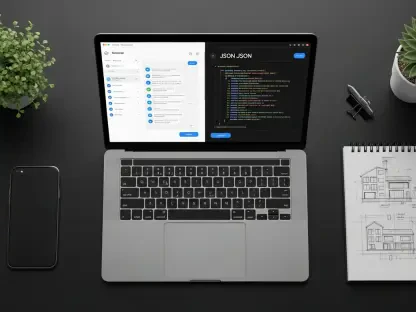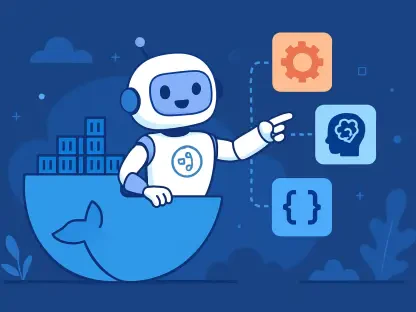In recent years, well-known platforms within developer communities have experienced a surge in creative problem-solving initiatives that deviate from traditional Q&A models. Among these initiatives is Stack Overflow’s innovative approach to engaging developers with coding challenges, presenting an intriguing new method for technologists to showcase their skills. This transformation highlights a broader trend across the industry, signaling a shift toward interactive and dynamic learning environments.
The Evolution and Surge of Coding Challenges
Growing Popularity and Adoption
Coding challenges have gradually captured the interest of developer communities worldwide. Reports indicate a significant rise in participation across platforms offering these challenges. From small developer groups to major industry players, the adoption of coding challenges signifies an evolution in how knowledge is exchanged and creativity is fostered. Data reveals an increasing number of organizations integrating coding challenges into their hiring and training processes, illustrating the trend’s widespread acceptance.
Practical Implementation and Case Studies
Several pioneering companies have embraced the application of coding challenges, showcasing their potential through real-world scenarios. For instance, leading tech corporations have adopted these challenges to revolutionize recruitment, identifying candidates who can think creatively and solve problems under constraints. Additionally, startups are utilizing challenges to foster collaboration, resulting in innovative solutions and product development. Such case studies reflect a mounting acknowledgment among industry leaders of the value in adopting coding challenges as a staple in tech ecosystems.
Industry Insights on the Rise of Coding Challenges
Prominent industry experts and thought leaders have provided valuable perspectives on this growing trend. According to them, coding challenges not only break the conventional mold of technical assessments but also enable developers to express diverse problem-solving styles. This adaptability facilitates deeper engagement with complex scenarios, aligning with current demands for multifaceted skill sets in the tech industry. Experts acknowledge the importance of these challenges in nurturing a vibrant learning culture and promoting inclusivity by appealing to developers at different experience levels.
The Future Landscape of Coding Challenges
Reflecting on future possibilities, the trajectory of coding challenges in developer communities seems promising. As platforms continue to innovate, new features may further integrate challenges into the core user experience, enhancing accessibility and community involvement. Potential developments could include the automation of challenge creation and AI-driven difficulty adaptation, tailoring tasks to individual skill levels. However, alongside these benefits, challenges such as ensuring fair evaluation metrics and maintaining community standards will require thoughtful management.
Concluding Thoughts and Strategic Directions
Observations from the present trend bear significant implications for the future of coding challenges. As initiatives like Stack Overflow’s experiment gain traction, the tech industry might witness a paradigm shift in developer engagement strategies. Embracing this trend could lead organizations to invest in creating comprehensive platforms that support lifelong learning and creativity. Ensuring strategic inclusivity and pushing the boundaries of traditional learning models will be key in capitalizing on this movement. Looking forward, tech communities are poised to explore uncharted territories, nurturing innovation-driven ecosystems where both emerging and established developers can thrive.









